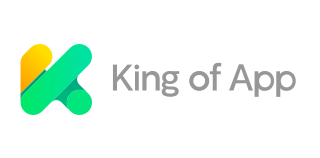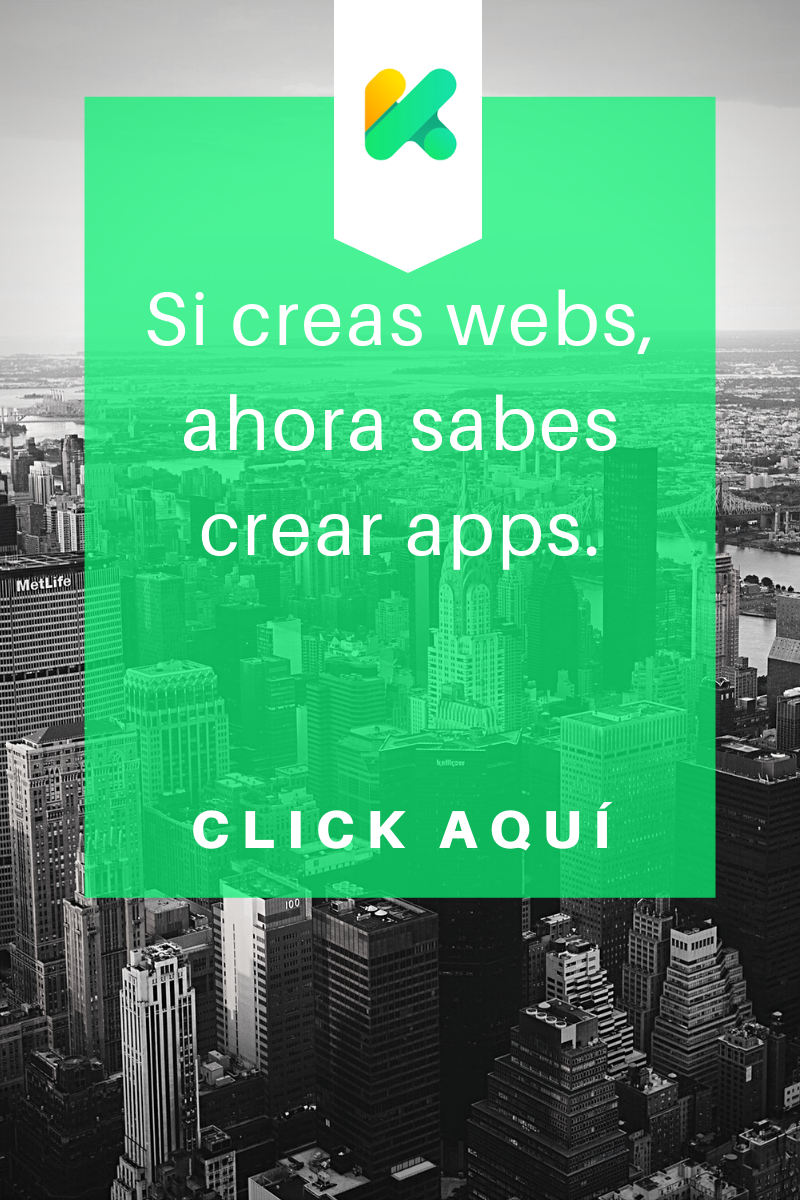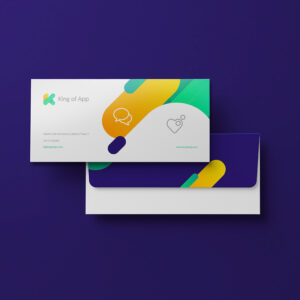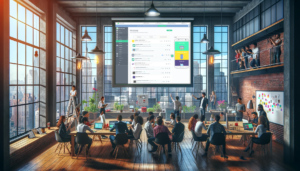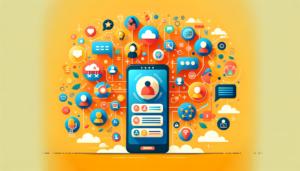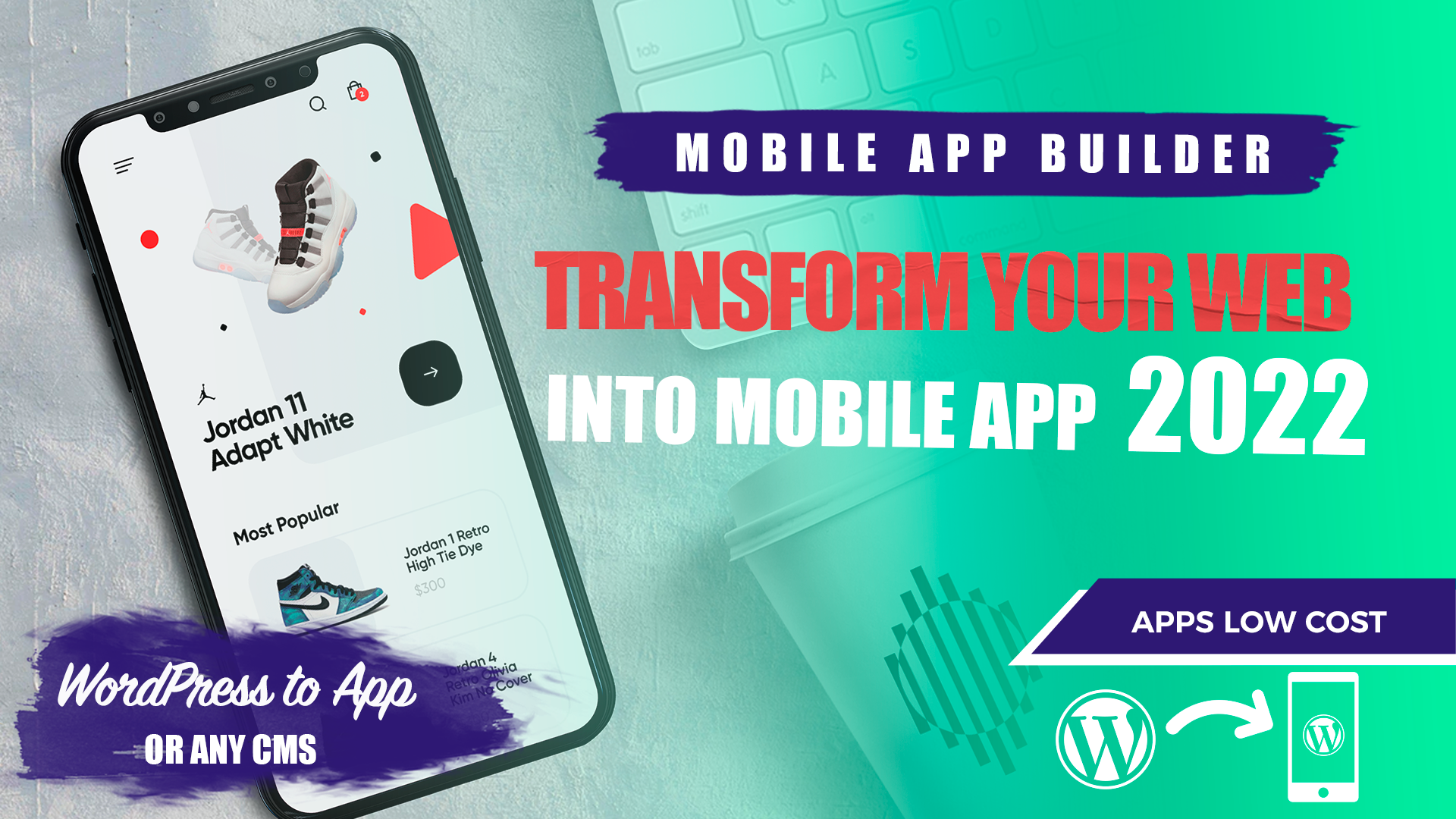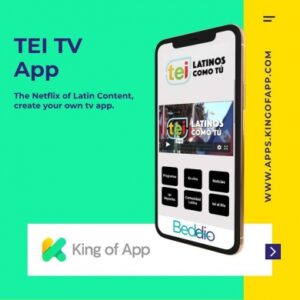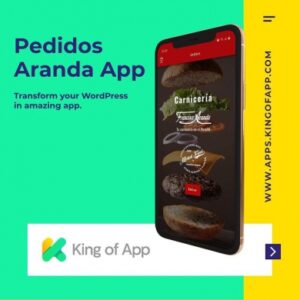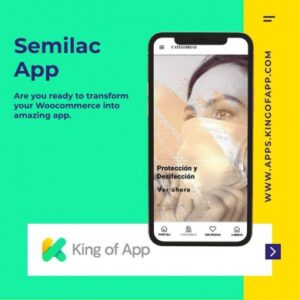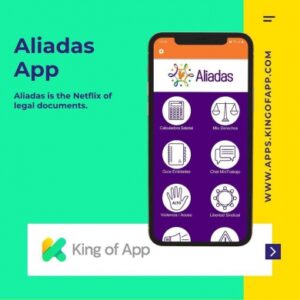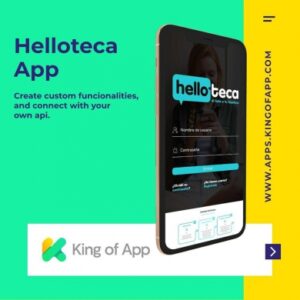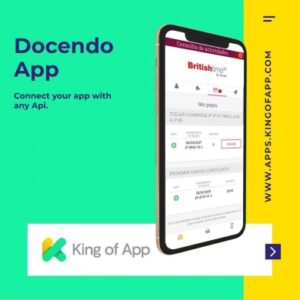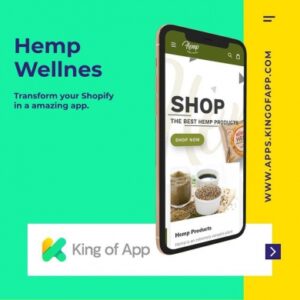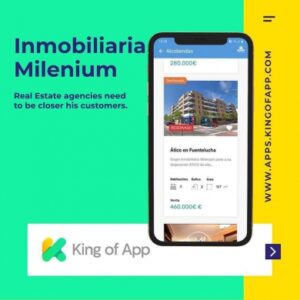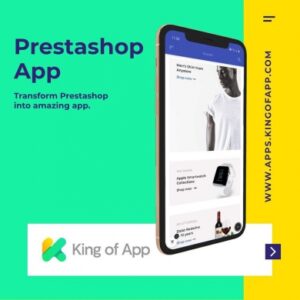Both Apple and Google allow developers to create applications, although the development process is different in many ways, from initial cost, development language to discovery, application and monetization. Both platforms have their own advantages and disadvantages, so it is important to examine both stores before launching yourself into development. Below we will place the most notable differences between the Apple App Store and Google Play, which you may want to consider before choosing a platform.
Undoubtedly, the two main mobile platforms in the market today are iOS and Android. Each of these OS comes with its own advantages and disadvantages, thus confusing a developer on the path that he or she should move forward. While the debate over the best mobile operating system continues unabated, here’s an analysis of the iOS App Store vs. Google Play Store with regard to mobile app developers.
With the number of smartphone users increasing every day, there is an equal increase in the number of application developers for it. Although developers have plenty of mobile platforms to choose from, they will most likely select one of the two most sought after mobile operating system today, Apple’s iOS and Google’s Android. So which of these is best for developers and why? Here is a detailed comparison between the Apple iOS and the Android operating system for developers.
In the early days of Android, back in the days of Gingerbread and Honeycomb, Google Play Store, alias “Market”, was reputed that the applications there were bad, full of publicity and operating nefariously. That has changed over time, and now Google Play is a completely different thing.

The best marketplace for developers
Development
Developing applications on Android is technically more difficult due to its fragmentation of multiple versions that run on consumer devices and multiple screen sizes. While the Android development language is Java, for iOS you need to know Objective-C or Swift.Members
Becoming an Android developer costs a flat fee of $ 25, while iOS developers must pay $ 99 each year.Initial cost
Development for iOS requires a Mac computer and an iPhone, while you can use any computer and an Android phone to develop for Android. The price of a MacBook starts at around $ 1500, while a $ 600 laptop is perfect for Android. Also, iPhones are high quality products and cost about $ 800 (full price, without a plan), while you can buy mid-category Android phones starting at $ 200.App Name
While Google allows 30 characters in the app name, Apple allows 255 characters so there is a little freedom to add additional keywords. Research has shown that adding keywords in the app name has a significant effect on ranking in both app stores. In the Apple App Store you can not change the title of your application, unless you submit an updated version. This makes the A/B tests of the title more difficult, compared to Google Play where you can change the title at any time.Keywords
While the App Store offers a section for adding keywords, in Google Play you have to include keywords in the description and keywords of your app’s ad, one after another is prohibited. Itunes allows a maximum of 100 characters for keywords, so be sure to add the best keywords. In the Apple App Store, the description has no impact in terms of App Store optimization.Shipping process
The Apple App Store consists of more quality applications. The reason behind this is the time to submit your app to the App Store, the Apple guys download and review it before posting. This prevents illegal and malicious content from entering the store. This is the biggest problem for developers, as applications are rejected for minor errors, and the review process can take up to 2 weeks. On Google Play, once you submit your app, it’s available in about 2 hours.Monetization
However there is a significant difference in membership fees that looks like Apple monetizes better applications and offer possibilities for developers to make more money than they could in the Play Store. According to a research, iOS users download more apps and more paid apps than Android users. If you are building to generate income directly, then iOS is your friend. Developers get 70% of an app sales, in both app stores.App Ranking
Google Play takes into account external links (social media, press releases, blogs) in terms of search rankings. In Apple’s store, these links do not affect your app’s ranking in search results. Google’s search platform works best when it comes to misspellings. However, iTunes also records popular spelling errors for you (for example, “noises” records “Moses” as well). The discovery algorithm is a secret on both sides so that developers can not play with the system, ensuring that they get the best results. The algorithm is changed from time to time by Apple and Google, which usually has a large effect on the ranking of applications that do not rank for the top 10-20 positions. In the Apple App Store, your application – once it was reviewed and published – is more likely to reach the top of the lists than on Google Play. Both the iOS App Store and Google Play Store come with their share of pros and cons. Application developers first have to analyze each and understand exactly what they want out of their application, before moving on to develop applications for any of these mobile platforms. If possible, create your application for both platforms. You’ll be able to increase its reach by bringing it to more potential users.
